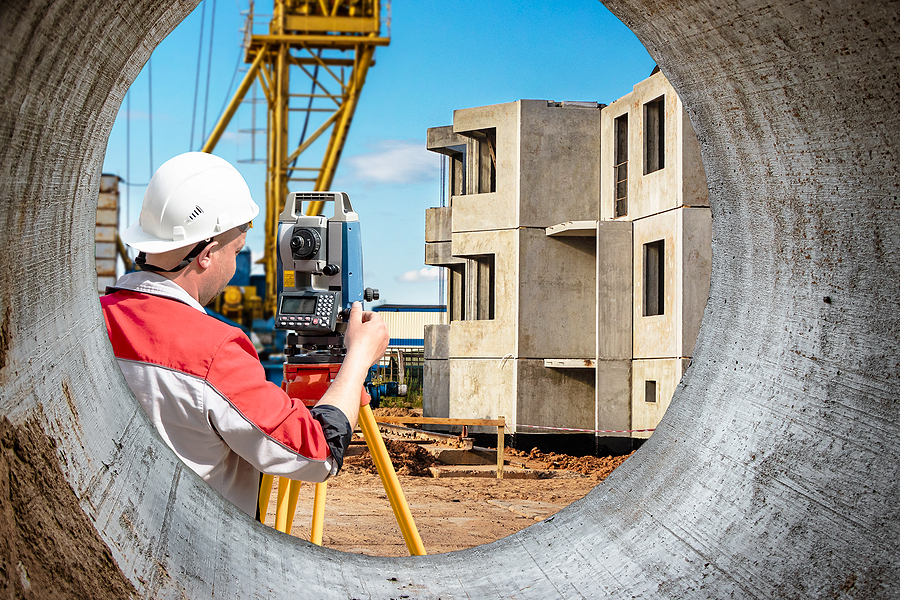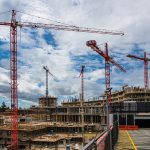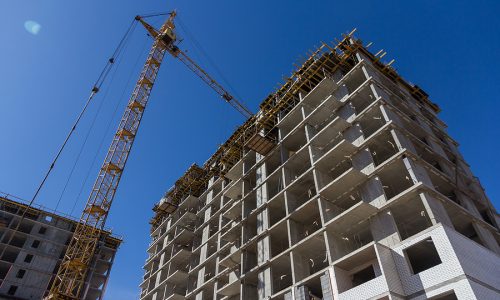- trailerrental
- 0 Comments
- 519 Views
The construction industry in Singapore is one that has had to accept myriad changes in its stride – especially in the last few years with the Covid-19 pandemic sweeping the globe. Because of the unique challenges presented during this time, the industry has had to adapt in an unprecedented way.
As the pandemic winded down, 2022 saw marked improvement from the previous years, becoming the most profitable year since it all started. Many saw opportunities for change and innovation when overcoming obstacles. 2023 is likely to take a very similar approach. In Singapore, the investment in transportation, energy, sewer systems, and housing infrastructure projects is predicted to help the construction industry grow at an average annual rate of 4.4% from 2023 to 2026. Here are some specific trends you will observe in the construction industry in Singapore this new year.
1. Green infrastructure
It is a well-known fact that the construction sector is a significant contributor to the climate emergency. Today, the construction industry uses around 32% of the world’s natural resources, which also contributes 39% of the world’s carbon emissions.
This comes from both the construction of new structures and the energy output of already-existing ones. In 2050, 80% of the existing buildings are expected to still be in service. However, this stock’s energy efficiency is only 75%.
The construction industry still has a long way to go to shed its reputation as one of the most significant carbon emitters in the world. So as to aid in these efforts, the government announced its intention to issue roughly SGD35 billion in green bonds by the year 2030 to finance public-sector green construction projects as part of the 2022 Budget.
2. BTO projects
HDB (The Housing and Development Board) announced in November 2022 that it had finished building nearly 10 000 BTO (Build-To-Order) flats during the first ten months of 2022.
The BTO undertakings that were postponed owing to the pandemic will all be finished in the next two to three years, according to the HDB. The HDB intends to construct 100,000 HDB flats between 2021 and 2025. This estimate includes the plans to build 23,000 flats each in 2022 and 2023, depending on the demand.
3. Smart city
Most assume that smart technology only applies to your smartphone, watch, or perhaps some home appliances when talking about it. What if, however, we thought of smart technology on a larger scale?
It’s not new to use digital twins to build smart cities. Singapore is one of the many cities utilising digital twins to their full potential in order to gain a competitive edge.
This is possible due to the cross-sector federation of networked digital twin models that can be built as digital twins. They can then mimic buildings, their systems, and operations. The digital twin can be used to monitor every aspect of a city, including transportation, paving, buildings, electricity, water, and telecommunications.
The technology exhibits exceptional foresight in problem anticipation, scenario simulation, and decision-making. These insights can be used by city planners, construction industry stakeholders, and operations and asset managers to enhance waste management, security monitoring, energy usage, environmental conditions, and public safety.
Conclusion
The construction market is seeing unprecedented changes in the wake of Covid 19 – Singapore is no exception. From an increased reliance on technology to greater consideration of sustainability to a greater demand for construction, 2023 is looking to be an exciting year for this sector. The need for tipper truck drivers in Singapore grows alongside the boom of the construction market. Fortunately, JustGo has developed an app that simplifies the booking of tipper trucks and allows for unparalleled ease of communication within the industry, offering additional services such as Lorry Crane and Trailer for a comprehensive solution to all your construction logistics needs. Download our app to find out more!
Download our app to find out more!





